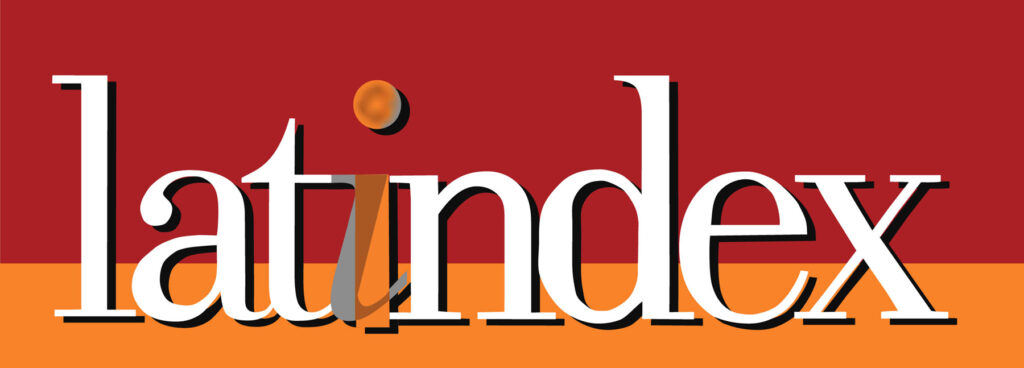Knowing is the origin and source of writing well.
Scribendi recte sapere est et principium et fons.
Horace, Epistles 2.3.309

Euphrosyne is available in open access at Brepols Online since 2020. To see current volume click here. All back issues also available on Brepols Online here.
Euphrosyne is a journal issued annually that publishes original studies on Greek and Roman literature, linguistics and culture, as well as on Medieval Latin culture and literature, Neo-Latin Humanism, the Classical Tradition and its impact on European culture to the present day. Submissions on codicology and epigraphy are also accepted for publication.
Euphrosyne is the main Portuguese journal of Classical Studies. The journal has always entailed a high level of international collaboration. The majority of contributions are written in languages other than Portuguese (English, Spanish, French, Italian, Germany). Research innovation and originality have always been at the core of Euphrosyne‘s agenda.
About
CONTENT TYPE: Scientific Journal on Classics
FREQUENCY OF PUBLICATION: Annual
YEAR OF FIRST PUBLICATION: 1957-1959 (first series); 1967- (new series) LAST ISSUE PUBLISHED: L (December 2022)
PRINT ISSN: 0870-0133
ON-LINE ISSN: 2736-3082
E-mail: euphrosyne.ceclassicos@letras.ulisboa.pt
Post Mail Address:
Revista Euphrosyne
Centro de Estudos Clássicos
Faculdade de Letras, Universidade de Lisboa
1600-214 Lisboa
Portugal
AUDIENCE: Academic community, classicists, historians, archaeologists, students, general public.
DISCIPLINE(S): Classical philology, Classical culture, Latin and Ancient Greek literature, mediaeval studies, humanistic philology, reception studies, history of texts, Latin informatics tools and resources, epigraphy and codicology.
JOURNAL’S STRUCTURE
Euphrosyne is structured according to the following sections:
1. Commentationes, for larger and innovative articles;
2. Studia Breuiora, for smaller articles;
3. Disputationes, for the discussion of controversial research issues;
4. Res Commemorandae, for the celebration of important events;
5. Varia Noscenda, for relevant news or reflections upon research issues;
6. Libri Recensiti, for book reviews (with several areas: editions of texts, commentaries, translations; ecdotics and instrumenta; history and literary Culture, epigraphy and archaeology, etc.).
LICENSES: By submitting an article to Euphrosyne, the author grants the rights of the work to the journal. When the article is by more than one author, all the authors should agree to grant the journal the rights to the work.
No royalties will be paid for published articles.
Articles submitted to Euphrosyne must be original. They cannot have been published, on the whole or partly, in any other journal in digital or print form. Moreover, the contents of the article must be free of author’s rights.
After publication, the authors are allowed to upload their works on repositories, archives, or any digital platforms (e.g., Academia.edu) as long as the complete bibliographical reference to the journal is provided.
EDITORIAL BOARD
Director: Maria Cristina de Castro-Maia de Sousa Pimentel
Editorial Board: Aires A. Nascimento (Universidade de Lisboa), Ana Maria Lóio (Universidade de Lisboa), Ana María Sanchez Tarrío (Universidade de Lisboa), Arnaldo do Espírito Santo (Universidade de Lisboa), Bernardo Machado Mota (Universidade de Lisboa), Carmen Codoñer (Universidad de Salamanca), Emílio Suárez de la Torre (Universitat Pompeu Fabra), José Manuel Díaz de Bustamante (Universidad de Santiago de Compostela), José Pedro Silva Santos Serra (Universidade de Lisboa), Manuel Alexandre Júnior (Universidade de Lisboa), Paolo Chiesa (Università degli Studi di Milano), Paolo Fedeli (Università degli Studi di Bari ‘Aldo Moro’), Paulo Farmhouse Alberto (Universidade de Lisboa), Rodrigo Correia Furtado (Universidade de Lisboa), Rosalba Dimundo (Università degli Studi di Bari ‘Aldo Moro’), Thomas Earle (University of Oxford), Vanda Anastácio (Universidade de Lisboa), Victoria Emma Pagán (University of Florida)
Editorial Assistants: Vanessa Fernandes, David Mesquita, Joana Veiga, Ana Matamofe.
How to Apply?
Euphrosyne: Revista de Filologia Clássica, the peer-reviewed journal of the Centre for Classical Studies, publishes articles on classical philology and its disciplines (including the classical reception and tradition).
Please send you submission to euphrosyne.ceclassicos@letras.ulisboa.pt.
Download our editorial guidelines here.
Peer Review
Euphrosyne considers independent evaluations of submissions highly important.
When an article arrives at Euphrosyne‘s office, it receives a ‘process number’ by which it is identified during the entire peer-review process. It will then be submitted to a double-blind peer review system. The first round of evaluation is carried out by the members of the Editorial Commitee, who not only examine the content of the article in respect of its subject matter but also checks to see if it conforms to Euphrosyne‘s mission and objectives. The article is either accepted for submission to a referee or rejected if it is deemed either to be outside the scope of subject matter that is suitable for Euphrosyne or if its quality is considered obviously to be substandard. An articles accepted for submission is forwarded for a more demanding review to established scholars who are specialists in the research area of the article.
Each article is sent to two independent and anonymous referees (Portuguese and/or foreign experts), who are asked to classify the article as being publishable, publishable with amendments and improvements, or not publishable. The classification ‘publishable with amendments and improvements’ is by far the most common decision reached. If both peer reviewers agree upon the article’s acceptance or refusal, the editors’ decision regarding publication is made in accordance with one of these recommendations. If the reviewers suggest improvements to the submitted article, the author is invited to revise and resubmit the article. If the two referees disagree, the article is usually sent to a third referee.
Indexation

Publication Ethics
Authors are expected to submit original articles. These articles must not be submitted simultaneously to other journals.
The Board and the Editor are responsible for ensuring the quality of the articles. In the case of disagreement between referees regarding a submitted article, the members of the Board and the Editor will discuss the issues involved and make a decision regarding its publication.
The reviewers will assess the articles as objectively as possible and will offer guidelines for revision when necessary.




